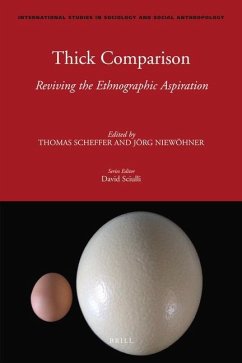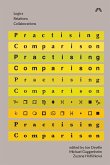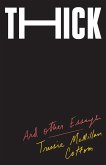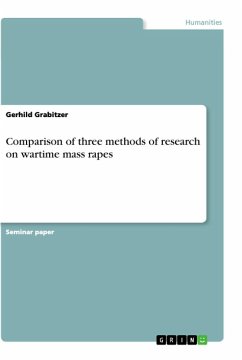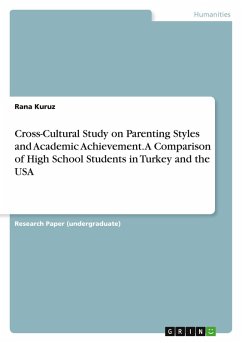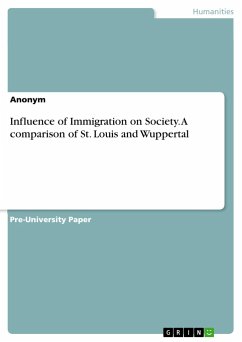We have come a long way from Evans-Pritchard s famous dictum that there is only one method in social anthropology, the comparative method - and that is impossible. Yet a good 40 years later, qualitative social inquiry still has an uneasy relationship with comparison. This volume sets out thick comparison as a means to revive comparing as a productive process in ethnographic work: a process that helps to revitalise the articulation work inherent in analytical ethnographies; to vary observer perspectives and point towards blind spots; to name and create new things and modes of empirical work and to give way to intensified dialogues between data analysis and theorizing. Contributors are Katrin Amelang, Stefan Beck, Kati Hannken-Illjes, Alexander Kozin, Henriette Langstrup, J rg Niew hner, Thomas Scheffer, Robert Schmidt, Estrid S rensen, and Britt Ross Winthereik.
Hinweis: Dieser Artikel kann nur an eine deutsche Lieferadresse ausgeliefert werden.
Hinweis: Dieser Artikel kann nur an eine deutsche Lieferadresse ausgeliefert werden.

